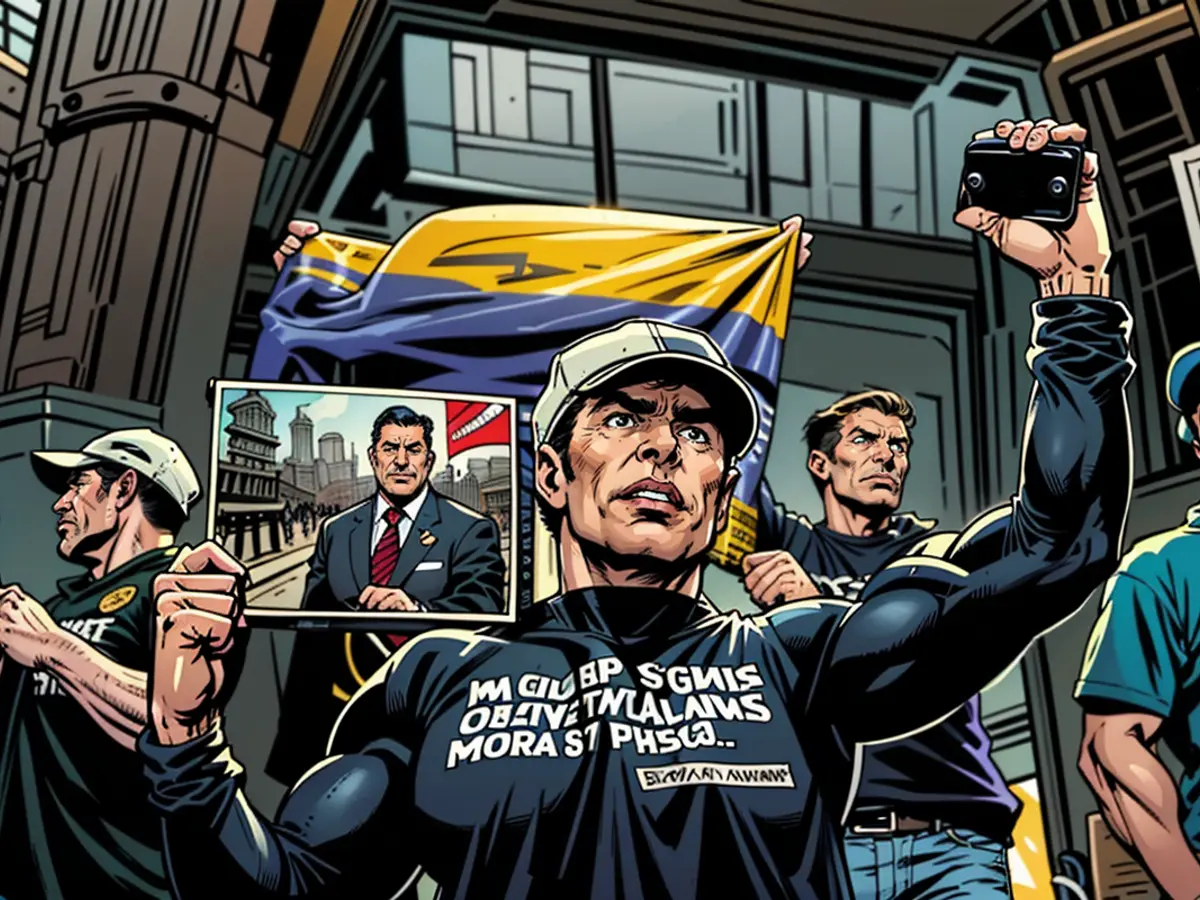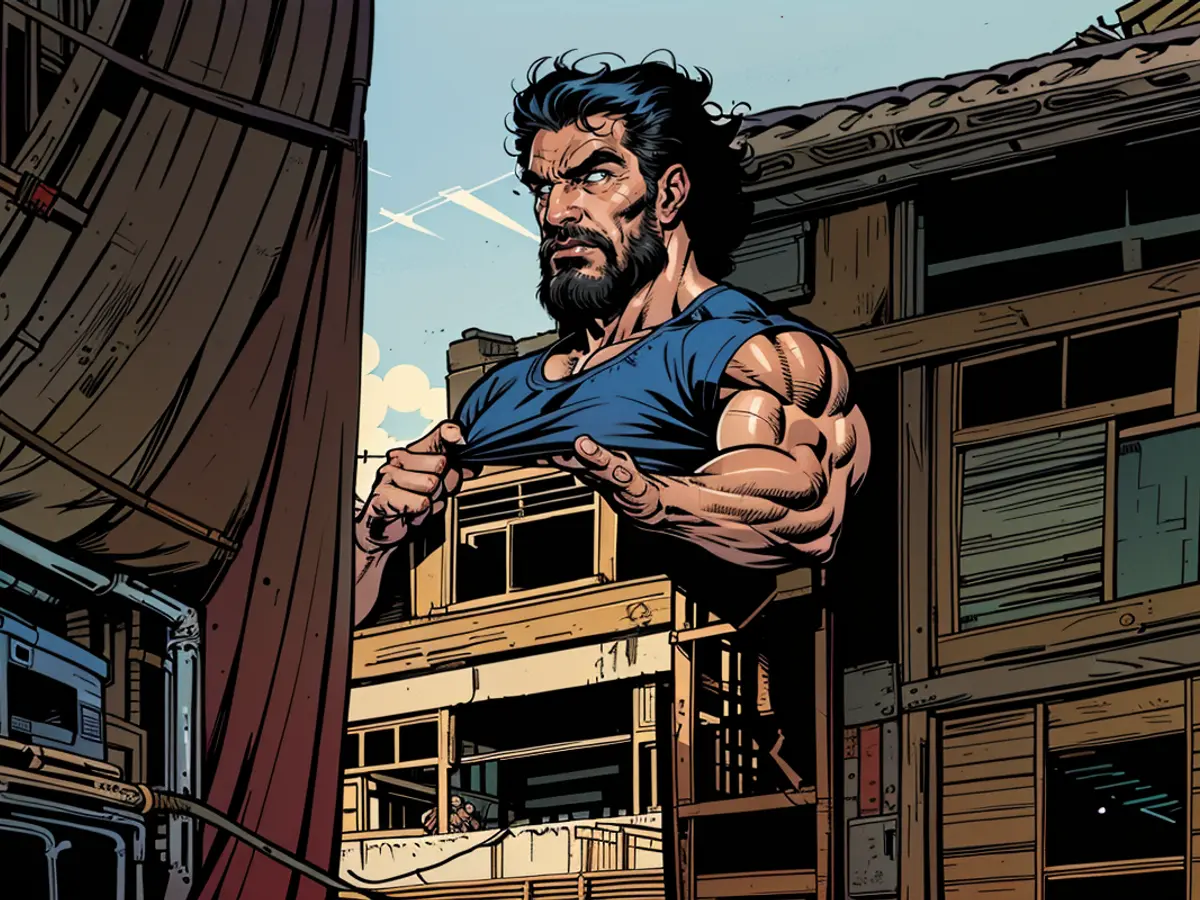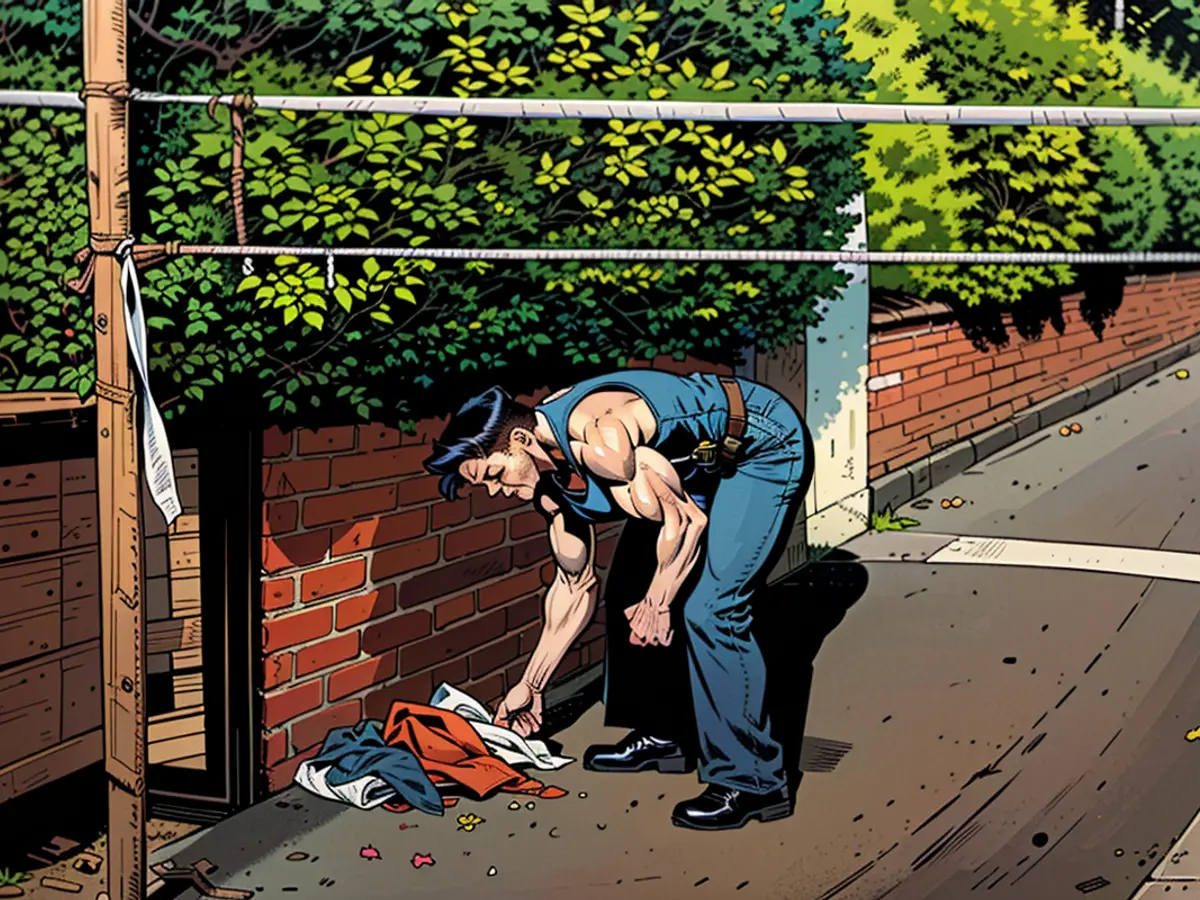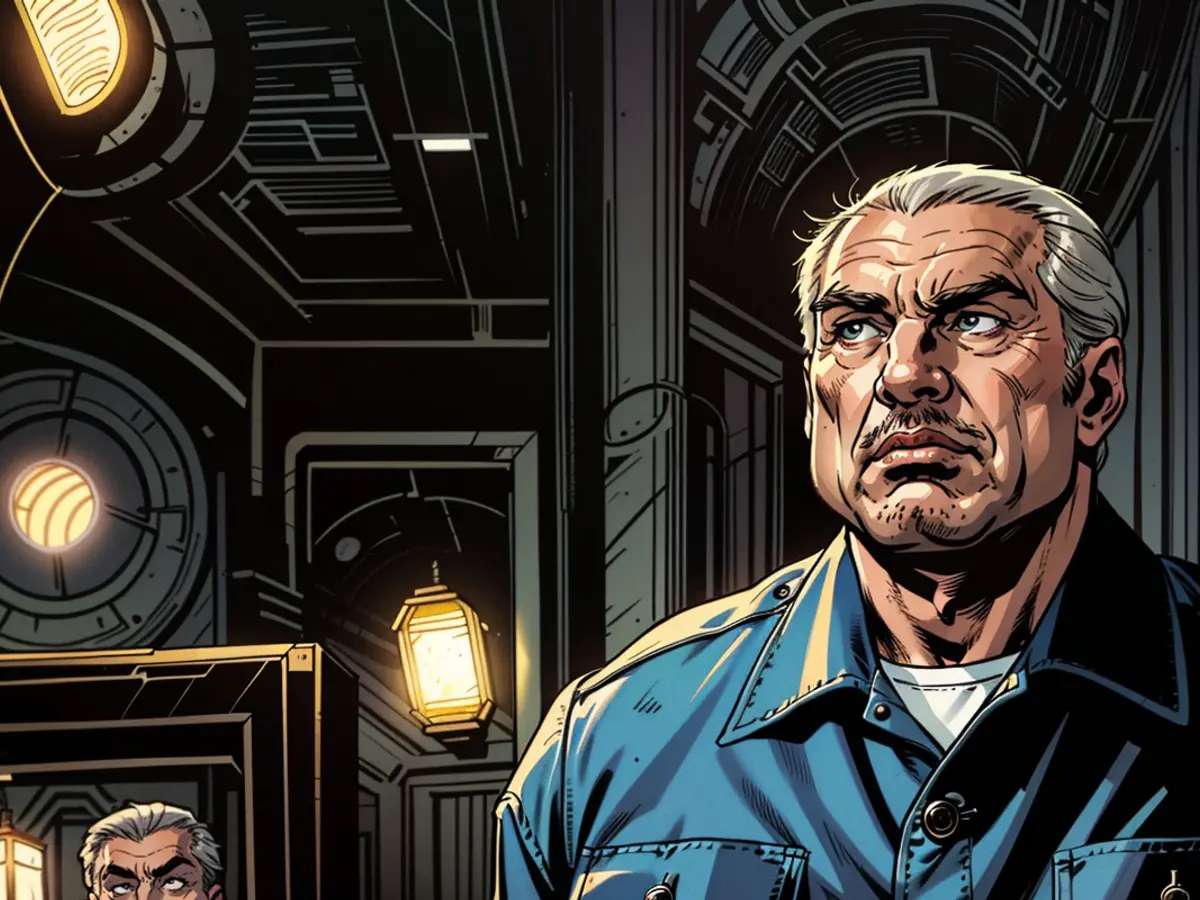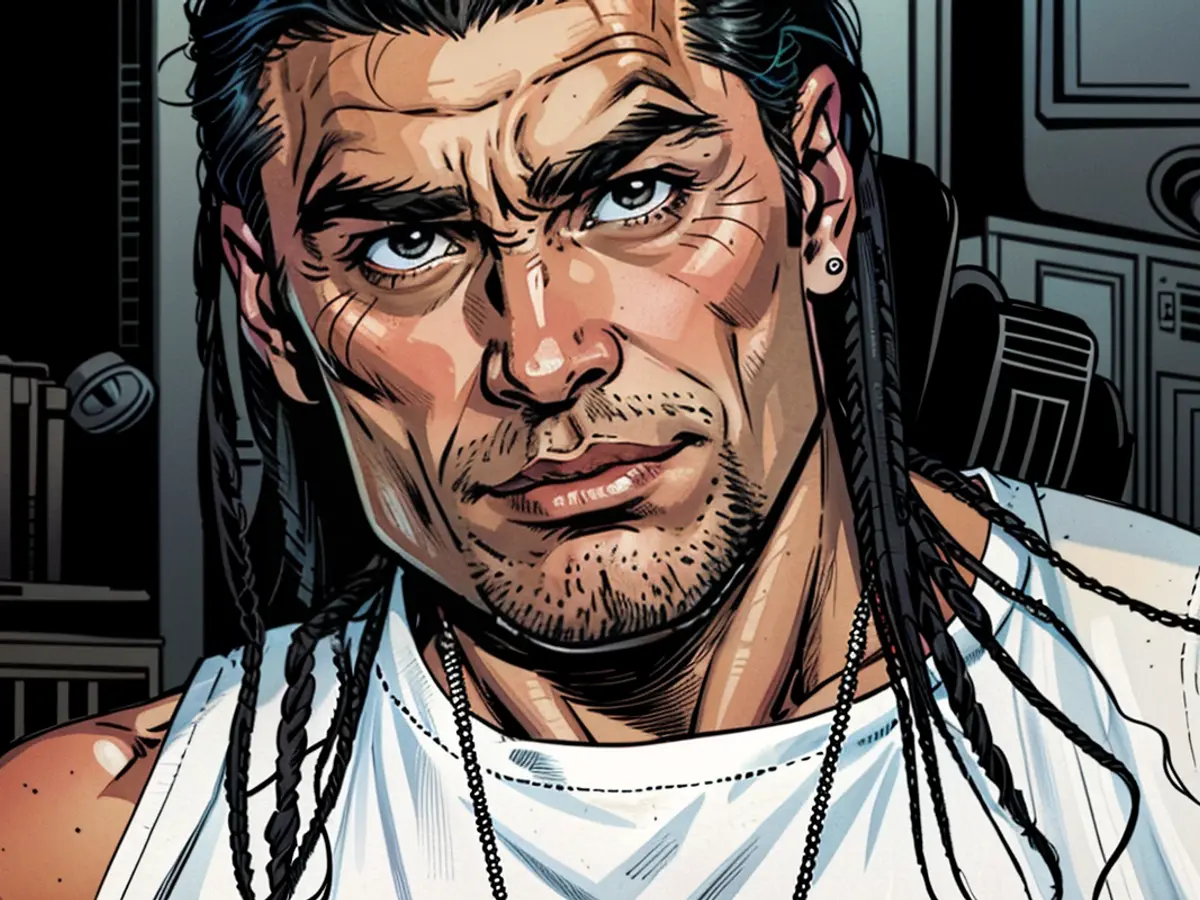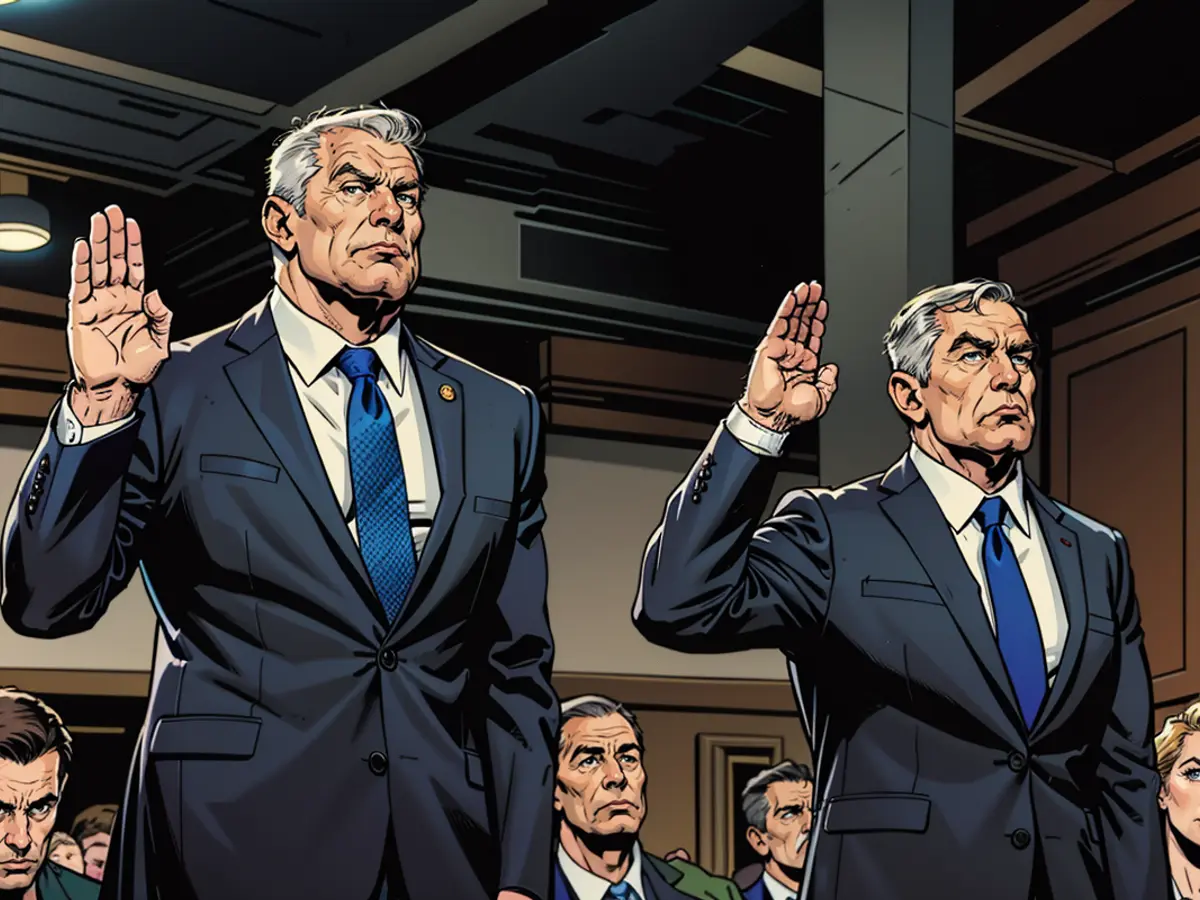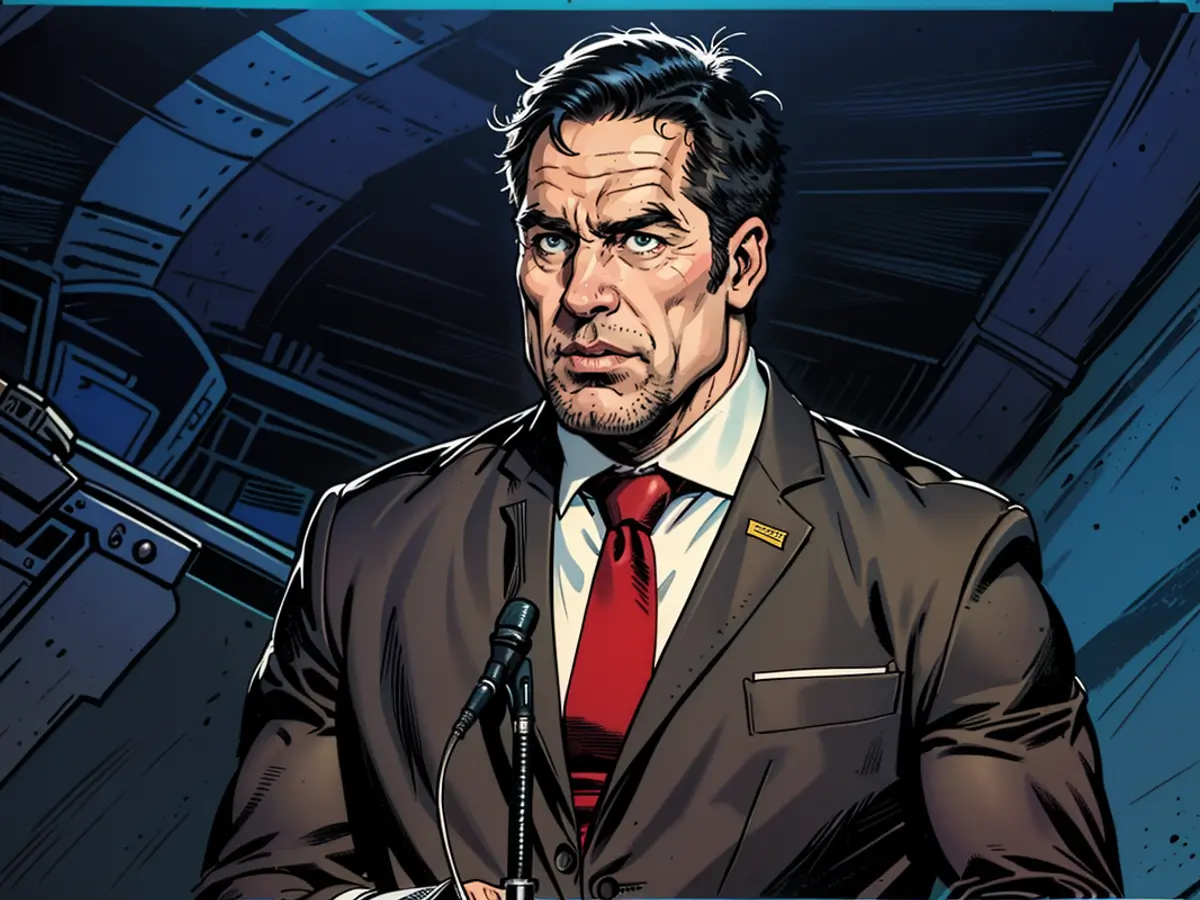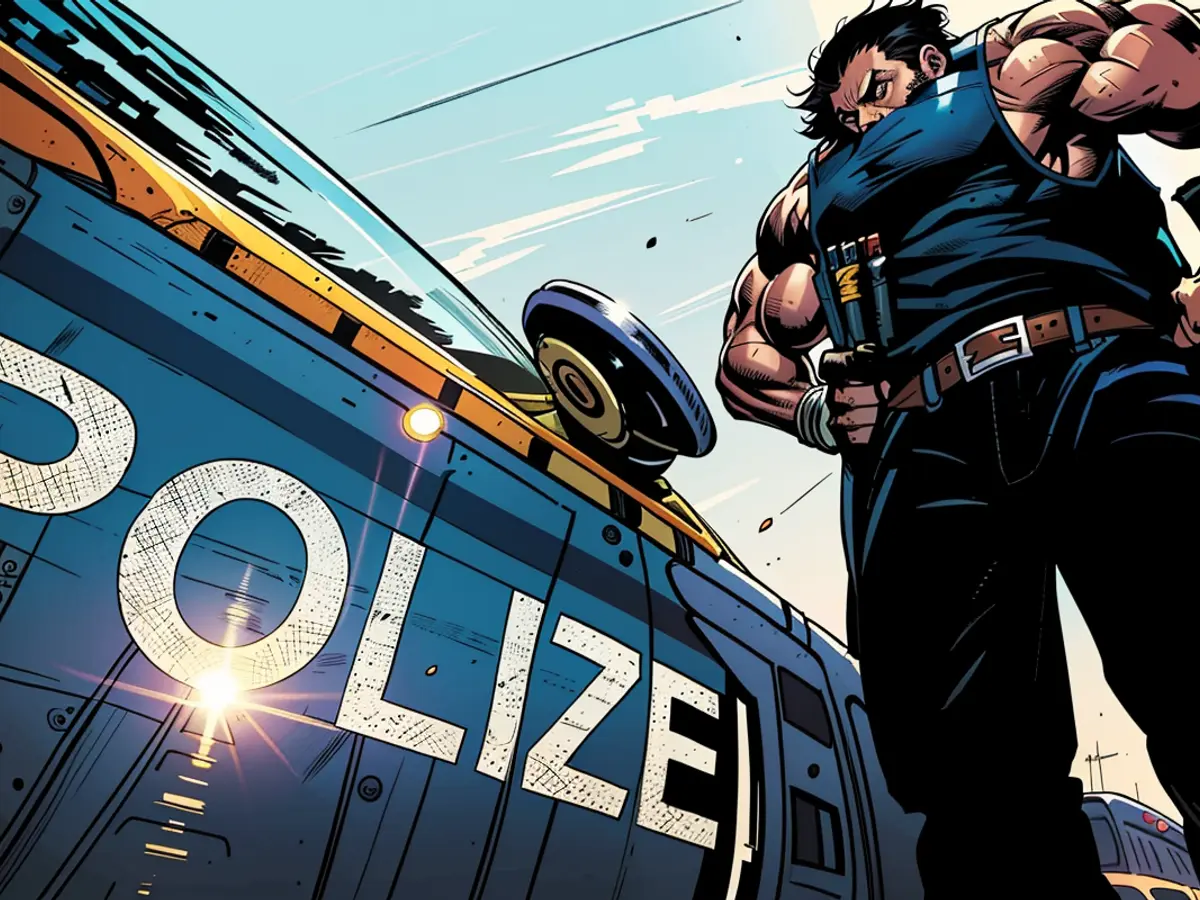Hundreds arrested in protests over disputed election in Venezuela
Thousands took to the streets of Caracas on Monday in spontaneous protests, chanting "Freedom, freedom!" and "This government will fall!" Some tore down campaign posters of Maduro and burned them. At least two statues of the late former leftist president Hugo Chávez were toppled. Stones were thrown, and shots were heard.
Security forces responded with tear gas and rubber bullets. Tarek William Saab, the Attorney General, reported on Tuesday that 749 people had been arrested, most for "resisting authority" and some for "terrorism."
Non-governmental organizations reported that at least four people were killed in the protests. The National Hospital Survey network reported that 44 people were injured.
"Sadly, we have reports of killed people, dozens injured, and arrests," wrote Edmundo González Urrutia, the losing opposition candidate, on X. He called on security forces to "end the repression of peaceful demonstrations." The opposition party Voluntad Popular also reported on X that its national political coordinator, Freddy Superlano, had been "kidnapped."
The Ministry of Defense reported 23 injured military personnel. Defense Minister Vladimir Padrino pledged the "absolute loyalty and unconditional support" of the armed forces to Maduro.
The disputed victory of Maduro, officially confirmed by the largely pro-government electoral body on Monday, drove people onto the streets. According to their figures, the 61-year-old secured another six-year term until 2031 with 51.2% of the vote, while the leading opposition candidate, González Urrutia, got 44.2%.
However, the opposition spoke of fraud and also claimed the election victory for themselves. Opposition leader María Corina Machado said a review of the available election materials clearly showed that the next president would be "Edmundo González Urrutia." She emphasized that González Urrutia had a "mathematically irreversible" lead, with 6.27 million votes, while Maduro had only received 2.75 million.
Machado invited families to participate in nationwide "people's assemblies" on Tuesday to demonstrate their support for a peaceful transfer of power. Meanwhile, Maduro's campaign manager, Jorge Rodríguez, also called for "large demonstrations to celebrate the victory."
After the first partial results were announced, numerous countries, including Germany, expressed doubts about the outcome of the election and called for a transparent review. The Organization of American States in Washington denounced an "unusual manipulation" of the election results on Tuesday.
UN Secretary-General António Guterres called for "full transparency," as did the EU's High Representative, Josep Borrell. Amid the tensions, Peru recalled its ambassador from Venezuela. Panama announced that it would temporarily suspend relations with Caracas.
Venezuela subsequently announced the withdrawal of its diplomatic personnel from Argentina, Chile, Costa Rica, Peru, Panama, Uruguay, and the Dominican Republic. Additionally, the country suspended flights to and from Panama and to and within the Dominican Republic.
Maduro had run for a third six-year term in the Sunday election. The self-proclaimed Marxist is unpopular among many voters due to the country's economic crisis. His power base relies on the military and police. Before the election, the head of state had repeatedly stated that he would not relinquish power in the event of defeat and had threatened a "bloodbath".
Non-governmental organizations played a crucial role in documenting the violence during the protests, reporting at least four fatalities. The international community, including UN Secretary-General António Guterres and EU's High Representative Josep Borrell, urged for full transparency in the election process due to concerns about manipulation.
